Advertisement
3 tips to coping to help limit pain
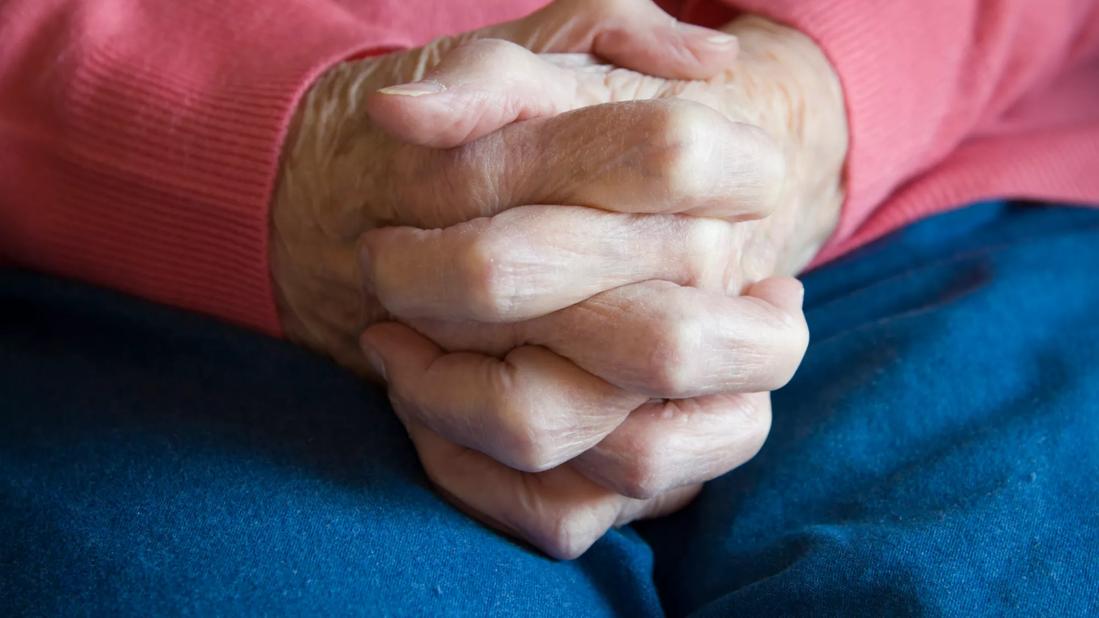
If you have arthritis, you already know about swollen joints and painful movement. But what may surprise you is that arthritis can get to your head and cause mental distress too — leading to stress and anxiety for a third of people in the U.S who have this condition.
Advertisement
Cleveland Clinic is a non-profit academic medical center. Advertising on our site helps support our mission. We do not endorse non-Cleveland Clinic products or services. Policy
Finding ways to cope with stress can go a long way toward limiting your pain and improving your quality of life. Let’s look at how that can work.
It’s often unsettling for patients to hear the initial diagnosis, says rheumatologist Alla Model, MD. “There is worry about the prognosis and the future,” she says.
As arthritis symptoms progress, you may grow frustrated. You may struggle to put on socks, chop vegetables or do other things that were once routine. Worry can rob you of sleep, cause indigestion, and you may notice other side effects that boost your stress levels.
“Being uncomfortable and in pain makes people more emotional and increases stress,” Dr. Model says. And because stress can lower your threshold for pain, the stress just makes the physical pain worse.
1. Stay as active as you can
Exercise and physical activity such as walking and swimming help:
Dr. Model offers the example of one of her patients: Diagnosed with psoriatic arthritis, she was active in a hiking club, often spending three to five hours at a time out on the trail. “She got braces, learned how to cope and it hasn’t stopped her — she’s doing great,” Dr. Model says.
She also recommends yoga, Pilates and hot-water therapy to foster relaxation and help cope with the stress of arthritis.
Some people are more motivated to follow an exercise program at home, while others may need the support of a class instructor, personal trainer or physical therapist. “Whatever it takes to get them moving,” she says.
2. Keep pain in check
Talk to your doctor about drugs to help reduce the pain. There is no medicine to cure arthritis, but nonsteroidal anti-inflammatory drugs (NSAIDs) can help control your pain. And, as mentioned above, keeping your pain in check can help reduce stress levels and vice versa.
What type, how much and how often you should take an NSAID will vary depending on what type of arthritis you have (there are more than 100 types) and your symptoms.
For instance, your doctor may prescribe higher doses of NSAIDs if you have rheumatoid arthritis, while lower doses are often enough for osteoarthritis that affects only one joint.
3. Eat right to fight inflammation
Eating healthy, especially foods shown to improve arthritis symptoms, can help reduce stress and pain.
Advertisement
Three types of anti-inflammatory foods to include in your diet are:
Limit foods containing omega-6 fatty acids, which boost rather than reduce inflammation. Omega-6 fats are common in red meat and vegetable oils such as corn and sunflower oil.
As patients learn how to cope with arthritis, they often report a reduction in stress, Dr. Model says. “If they believe in a healthy lifestyle, are mentally strong and able to stay active every day, they will do so much better,” she says.
Advertisement
Learn more about our editorial process.
Advertisement

Embrace mindfulness and practice checking your phone consciously, not compulsively
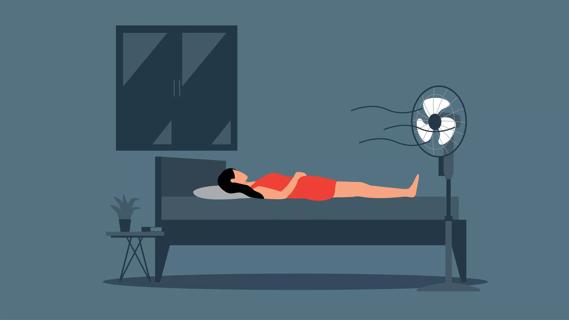
Getting to the root cause of night sweats — like menopause, medication side effects, stress or anxiety — can help you manage them

Enter relaxation mode by managing your breathing, releasing muscle tension and practicing mindfulness
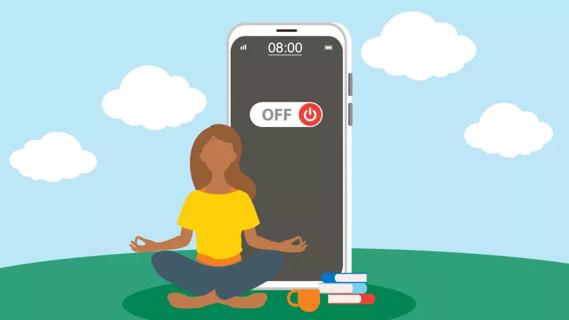
Identify your triggers, set ground rules for your break and start practicing mindfulness
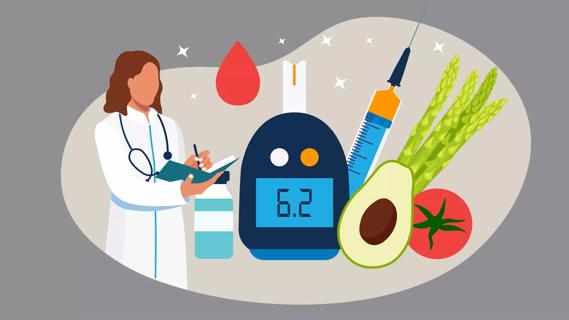
A diabetes diagnosis, new or long-standing, can trigger reactions like grief, stress, depression and frustration, but symptom relief and help are available

Too much screen time and unrealistic expectations and perceptions and can lead to an increased risk of anxiety and depression

Certain activities, foods and supplements can help calm your body
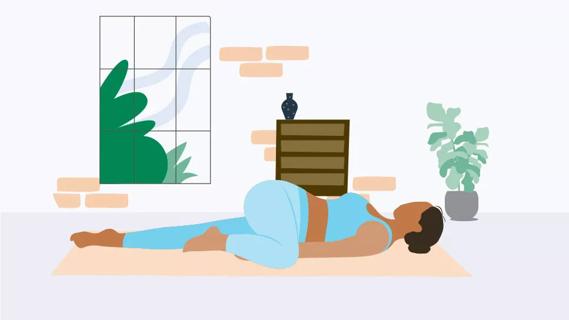
This mindful practice is designed to give you mental and physical relaxation

Your metabolism may torch 1,300 to 2,000 calories daily with no activity

A gentle touch in all the right places may help drain your sinuses